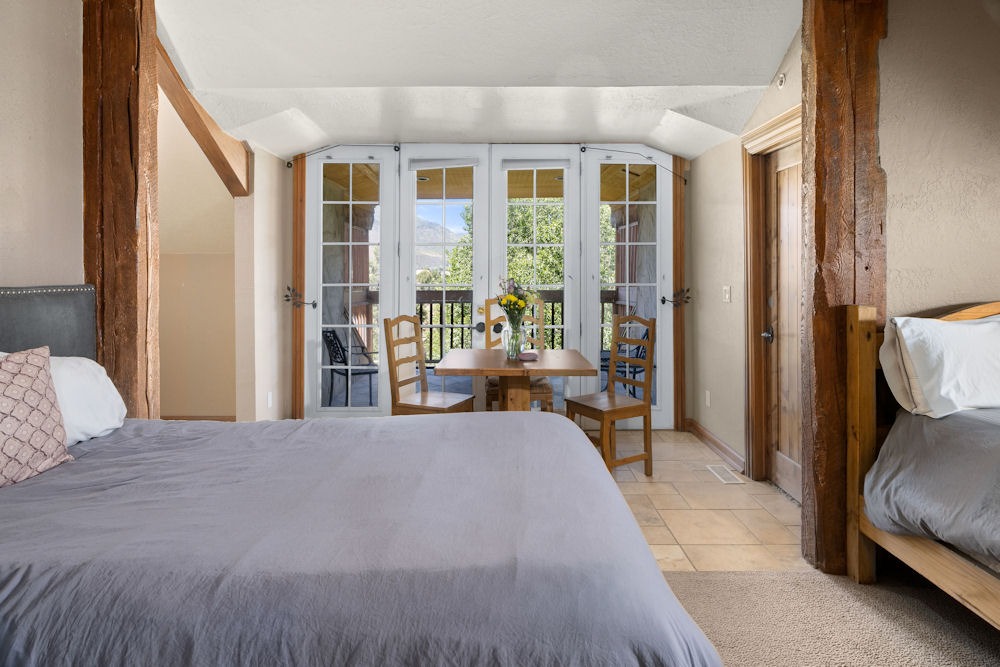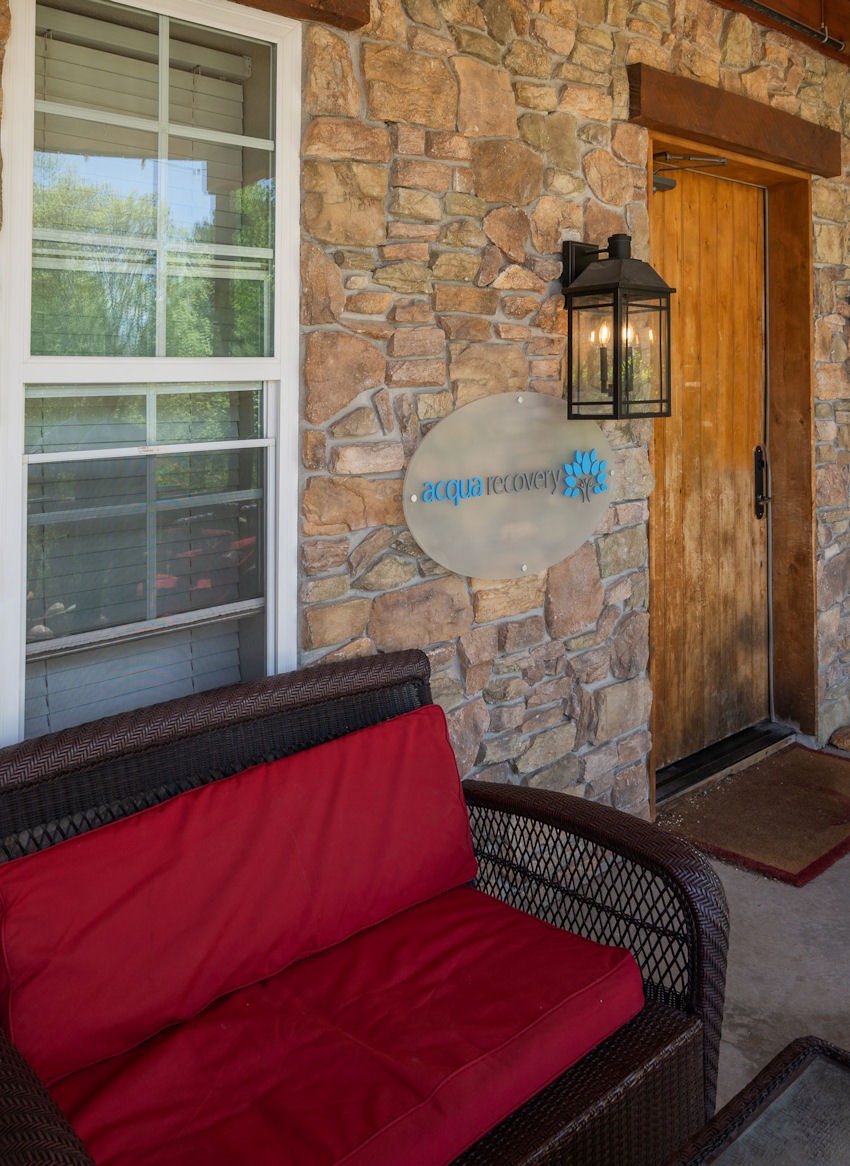How Long is Rehab for Drugs and Alcohol?
Drug & Alcohol Addiction Treatment in Midway, Utah
You’ve struggled with addiction long enough to know that getting clean isn’t quick or easy. But how long should a rehab program actually last to give you the best chance at sustained recovery? The duration of treatment can vary widely depending on the type of program, your needs, and what you can realistically commit to. As you weigh your options for rehab, this guide breaks down typical timelines for residential rehab, detox, outpatient programs, aftercare, and more. With realistic expectations about the investment of time needed, you’ll be in a better position to choose the program that fits your situation.
How Long Is a Residential Drug and Alcohol Rehab Program?

Residential rehab programs typically last between 30 to 180 days. The duration of the program depends on factors such as:
Severity of Addiction and Associated Health Conditions: The extent of your addiction and any accompanying health issues significantly influence the recommended length of the program.
Mental Health and Social Support Requirements: Tailoring the program to meet your mental health needs and assessing the level of social support available to you is crucial for a comprehensive and effective rehabilitation experience.
Program Components, Including Detox, Therapy, and Aftercare: The inclusion of distinct components such as detoxification, therapeutic interventions, and post-rehabilitation care contributes to the overall duration. Each phase plays a pivotal role in addressing specific aspects of your recovery journey.
Personal Progress and Commitment to Recovery: Your individual progress and dedication to the recovery process are integral factors. The program’s flexibility allows for adjustments based on your responsiveness and commitment.
At Acqua Recovery, our residential program extends a minimum of 30 days, reaching up to 180 days, exclusive of aftercare. This time frame ensures adequate space for the physical and mental stabilization essential for your well-being. During this period, you’ll acquire coping strategies, develop crucial recovery skills, and establish a robust foundation for sustained, long-term success.
Is a Longer Residential Stay Better?
While longer programs have some benefits, the duration that is right for you depends on your unique situation and needs. A 60, 90 or 180-day program may be better if:
- You have a history of chronic relapse
- You need time to address complex mental health issues
- You lack a strong support system
However, longer is not always better. For some, a shorter residential stay followed by outpatient treatment works well. The key is to get enough support and accountability to maintain your sobriety after leaving residential care.
Outpatient treatment, support groups, and aftercare are important for building on the progress you made in residential rehab. The path to overcoming addiction is lifelong, but with the right residential program as your starting point and continuing care to strengthen your recovery, long-term sobriety is absolutely within reach. The team at Acqua Recovery is here to walk with you through every step of your journey.
What Is the Duration of Inpatient Drug Detox Programs?
Detoxification performed in an inpatient setting, commonly referred to as medically supervised detox, usually spans from 3 to 7 days. The specific length of your detox program will vary based on the types of substances you are addicted to and the severity of your addiction. The detox process is designed to safely clear your body of drugs and alcohol so you can enter rehabilitation with a clear mind and focus on your recovery.
During inpatient detox, you are under 24-hour medical supervision. Doctors and nurses closely monitor your vital signs and symptoms as your body goes through withdrawal. They can administer medications as needed to alleviate discomfort, cravings, and medical issues. Inpatient detox ensures any dangerous withdrawal symptoms are properly treated.
The detox process varies for different substances. For example, detoxing from alcohol or benzodiazepines may require 5 to 7 days due to the severity of withdrawal symptoms and health risks. Opiate detox tends to last 3 to 5 days. Detox for stimulants like cocaine or methamphetamine is typically 3-5 days.
Upon completion of detox, you will transition directly into rehab for ongoing substance abuse treatment. Rehab may involve residential treatment, partial hospitalization, or intensive outpatient therapy, depending on your needs and recommendations from medical staff.
Short-term inpatient detox is ideal if you want to quickly overcome physical dependence on drugs or alcohol under medical supervision. However, detox alone is not treatment and does not address the underlying causes of addiction or teach relapse prevention. For the best chance at lasting recovery, detox should be followed by participation in a rehab program and aftercare.
How Long Does It Take to Complete an Intensive Outpatient Program (IOP)?
An intensive outpatient program, or IOP, provides recovery treatment while allowing you to live at home. lOPs typically last 3 to 6 months and require 9 to 20 hours of treatment per week, usually over 3 to 5 days. The exact duration and schedule depend on your specific needs and the program you choose.
At Acqua Recovery, our Intensive Outpatient Program (IOP) acts as a transitional step after PHP, designed for individuals requiring sustained support in the early stages of recovery. Just like PHP, our IOP functions part-time, providing 10 hours of clinical sessions per week. Sessions take place on Mondays, Wednesdays, and Thursdays, running from 1 p.m. to 4 p.m. The program includes group discussions, educational sessions, and one individual therapy session every week.
The main benefits of an IOP include the following:
- Remaining in a familiar environment. You have the option of receiving treatment while staying in the comfort of your own home.
- Flexible scheduling. IOPs work around your job, school, or family commitments.
- Practical experience. You receive assistance in managing triggers and cravings as you navigate your daily life.
- IOPs are often more affordable than residential rehab programs. Health insurance may help cover the costs.
- Family involvement. Loved ones can participate in family addiction therapy and learn how to support your recovery
While IOPs are effective for some, they may not be suitable for all individuals. The best candidates are those with a strong support system at home and the ability to avoid relapse triggers. Those with severe addictions or mental health issues may benefit more from inpatient residential rehab.
Is Outpatient Rehab a Shorter Option for Drug and Alcohol Recovery?
Outpatient rehab programs are typically shorter in duration than inpatient or residential programs. It enables you to reside at home while still receiving treatment. This means less disruption to work, school, and family life. The shorter time commitment may seem appealing, but outpatient rehab has some limitations.
Outpatient programs typically last around 3 months, meeting 3 times a week for a few hours at a time. The shorter duration and less intensive treatment may work for those with mild to moderate addiction issues. However, more severe cases often require longer-term care. The lower level of support can also make recovery more challenging, with more opportunities to relapse.
- Remain at home. Less disruption to daily responsibilities.
- Typically 3 months in duration. A shorter time commitment.
- Often more affordable than inpatient care. Lower cost.
- Continue contact with friends and family. Maintain the existing support system.
- Less intensive treatment. Only meets a few times a week for a few hours.
- Higher risk of relapse. More opportunities and triggers to use substances.
- May not provide enough support for severe addiction cases.
- It is difficult to focus on recovery while maintaining daily life. Split attention.

For some, outpatient rehab is a good “stop-down” option after completing an initial period of residential treatment. It provides continuing care in a less restrictive setting. However, for many battling addiction, the additional support and supervision of inpatient rehab are needed to build a solid foundation for recovery. The most important factor is choosing a program that meets your unique and specific needs.
Speak with a medical professional about whether outpatient or inpatient treatment is right for you based on the severity of your addiction and personal situation. Outpatient rehab can be effective, but it may need to be combined with other options like 12-step programs, counseling, and sober living for the best chance of success. The key is finding the right balance of treatment, support, supervision, and personal responsibility for your recovery.

What is the Typical Timeline for Drug and Alcohol Aftercare Programs?
In general, aftercare programs are designed to provide ongoing support and assistance to individuals as they transition from an intensive treatment program, such as inpatient or outpatient rehab, back into their daily lives. These programs aim to help individuals maintain their sobriety and reduce the risk of relapse.
The duration of aftercare programs can range from several weeks to several months or even longer, depending on the individual’s progress and their ongoing needs. The specific types of aftercare support available can also vary, as these programs are often tailored to meet the unique needs of each patient.
At Acqua Recovery, our aftercare program is customized based on the individual’s needs. We provide a range of aftercare support services, including therapy, sober living accommodations, support groups, ongoing care for physical or mental health problems, relapse prevention programs, and more. These services are designed to provide comprehensive support to individuals as they navigate their recovery journey.
It’s important for individuals in recovery to actively participate in aftercare treatment, as it can significantly reduce the risk of relapse and support their long-term sobriety. The duration and types of aftercare support may vary, but the overall goal remains the same – to provide ongoing care and support to individuals as they continue their journey towards a healthier, addiction-free life.
Get Help with Your Addiction at Acqua Recovery
If you or a loved one is battling addiction, Acqua Recovery is your ally in the journey to recovery. Our compassionate team is dedicated to providing personalized care to guide you through this challenging process. Take the first step towards a brighter future – contact us today for support and embark on the path to lasting sobriety. You don’t have to face this alone; Acqua Recovery is here for you.

Take the first step to transforming your life.

Dr. Pickrell is a board-certified psychiatrist with interests in addiction and psychiatry. He strives to identify the underlying cause of substance use. His understanding of addiction as the overlapping symptoms of biopsychosocial development is the foundation to his care model. He is committed to helping both patients and families understand that addiction is a treatable medical illness. He has been involved in the treatment of addiction for the last 17 years and completed his residency training at the University of Utah.










